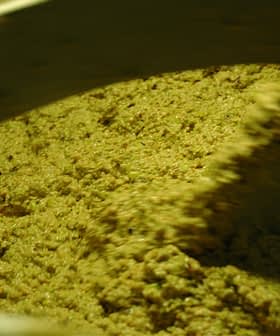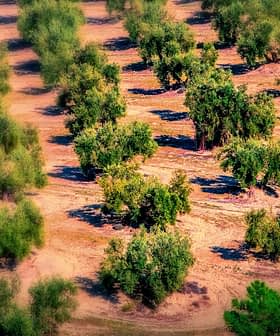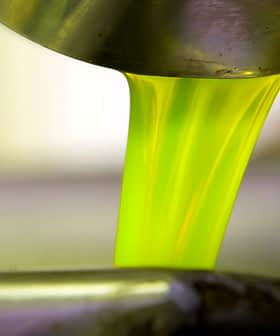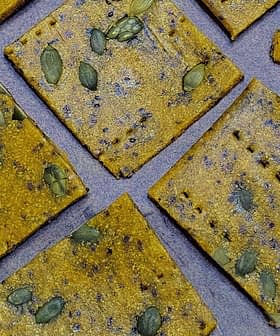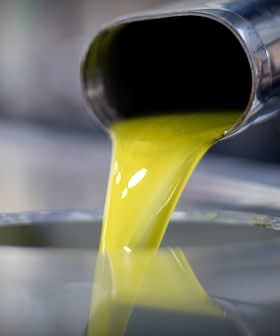 10.3K reads
10.3K readsNews Briefs
Chickens Fed Olive Oil Are More Resilient to Environmental Stressors, Study Finds

Chickens fed an olive oil-enriched diet were found to be healthier and more resilient to environmental stressors compared to those fed diets with other edible oils, according to a recent study from the Desert Research Center in Egypt. The study also concluded that olive oil was the best option for boosting growth performance and meat quality in broiler chicks, with positive effects on cholesterol levels, antioxidant enzymes, and meat quality measurements. Previous research has shown that adding olive oil to the diets of hens and broiler chicks can result in eggs and meat with lower cholesterol content and a more favorable fatty acid profile, reducing the risk of heart disease. Olive oil has also been recommended for treating common ailments in pet birds, such as crop impaction and egg binding, with various methods available online for administering the oil to alleviate these potentially fatal conditions.
A new study has found that chickens raised for their meat fed an olive oil-enriched diet were healthier and more resilient to environmental stressors than chickens fed diets enriched with other edible oils.
Researchers from the Desert Research Center in Egypt evaluated how one-day-old broiler chicks fed diets enriched with different edible oils coped when exposed to environmental heat stress. They concluded olive oil was the best option for boosting growth performance and meat quality.
The chickens were divided into groups fed a diet containing three percent soy oil, corn oil, olive oil, fish oil and a control diet with no edible oil added.
See Also:Health NewsThe researchers found that chickens fed an olive oil-enriched diet experienced a remarkable increase in high-density lipoprotein (HDL) cholesterol, colloquially known as good cholesterol, and superoxide dismutase. This enzyme serves as an important antioxidant.
Broiler chicks fed an olive oil-enriched diet also demonstrated the largest decrease in malondialdehyde, a marker of oxidative stress, compared to chicks fed any other diet.
Furthermore, broiler chicks fed olive oil were deemed to have the highest meat quality by enhancing color measurement and TBA values, a system used to measure lipid oxidation in meat.
The new study is the latest research to establish the effects of adding olive oil to chicken diets.
In a 2015 study, researchers at the University of Bari Aldo Moro in Italy found that hens who consume a diet with polyphenol-rich extra virgin olive oil lay eggs with a lower cholesterol content and a more favorable fatty acid profile. The results suggested that these eggs could be healthier for human consumption.
Previously, a study from a group of Chinese researchers found that adding olive oil to the diet of broiler chicks resulted in lower levels of saturated fatty acid in their breast and drumstick meat. As a result, the meat of these chickens poses a lower risk of coronary heart disease.
In addition to scientific research, anecdotal accounts on the internet suggest that pigeons, genetically closely related to chickens, also benefit from olive oil added to their diets.
Moreover, olive oil has long been advocated for common ailments in pet birds, such as parrots, parakeets, pigeons and chickens. Furthermore, it is used to promote their general health.
If an avian vet is unavailable, various methods for using olive oil to treat crop impaction are available online. This is a potentially fatal condition where a bird’s crop gets blocked, and food cannot move through its digestive system.
A popular way to use olive oil to alleviate this painful condition is by warming the oil and administering it a few times per day in minute amounts, with a syringe into a bird’s throat and a gentle throat massage. Another option is to feed a bird bread drizzled with olive oil.
For egg binding, when a female bird cannot pass an egg and may result in death, a few drops of olive oil on her beak and vent – where the egg exits – is shared online as a remedy.


